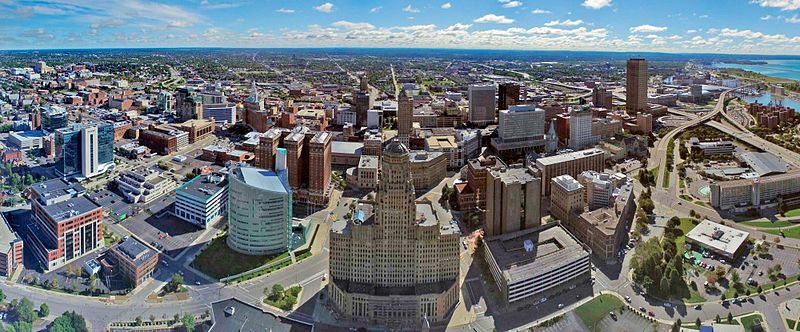Abstracts are invited for the Digital Classics Association colloquium at SCS / AIA Annual Meetings in New Orleans, Louisiana, January 8-11, 2015. The topic is “Making Meaning from Data,” and the abstract submission deadline is February 3, 2014.
The call for papers is below and available on the SCS (APA) website.
We are again seeking to make this a joint colloquium with AIA, and hope that the success of this year’s joint colloquium augurs well for AIA approval. Abstracts suitable to the memberships of SCS, AIA, or both are welcome. Once a panel with AIA member contributions is composed, it will be submitted to AIA for approval.
CFP: Making Meaning from Data. Proposed joint panel for AIA / APA Meetings, New Orleans, Louisiana, January 8-11, 2013
Sponsored by the Digital Classics Association
Organizers: Neil Coffee, University at Buffalo, SUNY; Gregory Crane, Tufts University; Christopher Blackwell, Furman University; Jeffrey Rydberg-Cox, University of Missouri Kansas-City
Digital techniques hold the promise of providing a consistent and comprehensive basis for the interpretation of classical culture, yet they also raise significant questions of method. Do digital approaches lead us away from certain kinds of interpretation and toward others? How does the quantitative and aggregate nature of argumentation common to digital humanities relate to other modes of understanding the ancient world? Papers are invited for this session that reflect theoretically on the study and understanding of classical antiquity in light of the growing importance of digital methods. Participants may take as their object material any aspect of classical culture, including, but not limited to: history, language, literature, material and visual culture, and philosophy.
Anonymous abstracts of no more than 400 words should be sent to digitalclassicsassociation@gmail.com, with identifying information in the email. Abstracts will be refereed anonymously by three readers in accordance with APA regulations. In your email, please confirm that you are an AIA or APA member in good standing. Abstracts should follow the formatting guidelines of the instructions for individual abstracts on the APA website. The deadline for the submission of abstracts is 5 p.m. Eastern Time, February 3, 2014. This panel is already approved for APA. Once a panel with AIA member contributions is composed, it will be submitted to AIA for approval.
Contact: Neil Coffee, University at Buffalo, SUNY, ncoffee@buffalo.edu


